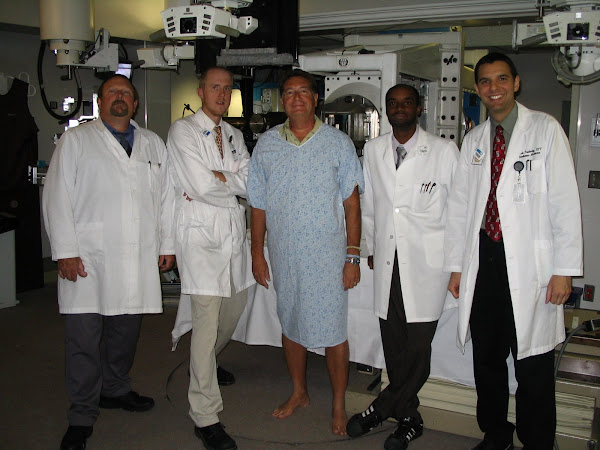Two MD Anderson-led studies conclude that patients' urinary, bowel function safe-guarded
Newswise — BOSTON, MA - Two studies led by The University of Texas MD Anderson Cancer Center have found that proton therapy preserves the quality of life, specifically urinary and bowel function, in men treated with this targeted radiation modality for prostate cancer.
Both studies, led by Andrew K. Lee, M.D., M.P.H., associate professor in MD Anderson's Department of Radiation Oncology, will be presented in a poster session at the 54th Annual Meeting of the American Society for Radiation Oncology (ASTRO).
"As oncologists, we obviously want good cancer control outcomes, but we also want to ensure that patients maintain a strong sense of continued quality of life after treatment, which can be very personal and subjective for each patient," said Lee.
"With this research, we looked at the well being of prostate cancer patients, post-treatment, and it was important that we obtain this information directly from men who actually underwent the therapy, rather than from their treatment providers," Lee continued. "In our own practice, we've observed that patients have done very well as measured by disease control and quality of life metrics. Our findings, both the wider-perspective multicenter study and the research conducted solely at MD Anderson, validate what we observe in our clinic."












This comment has been removed by a blog administrator.
ReplyDelete